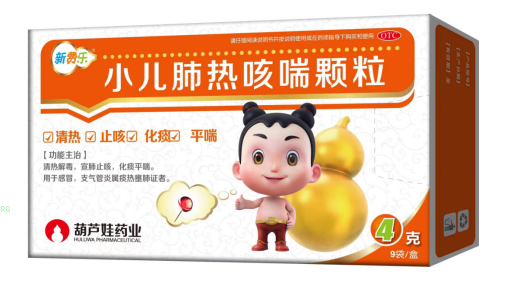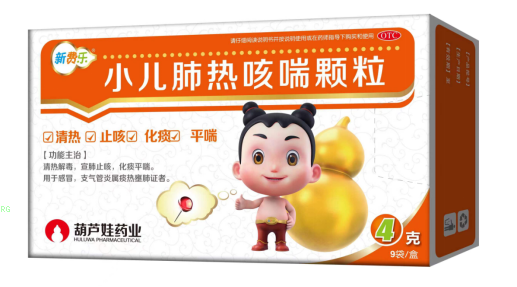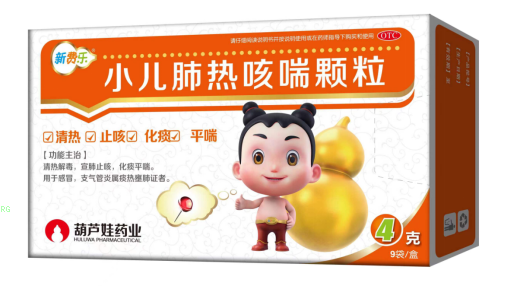Postpartum women are prone to insufficient Qi and blood due to blood loss during childbirth and increased breastfeeding needs, often manifested as symptoms such as dizziness, fatigue, and pale complexion. Postpartum Qi and blood deficiency is mainly due to: high average blood loss during childbirth; Daily breastfeeding consumes a high amount of iron (2-4 times dietary supplementation is required; serum ferritin levels at 6 weeks postpartum decrease more than before delivery). So, what is the fastest and best way to supplement blood and qi after childbirth?
1. Several points to note for supplementing qi and blood after childbirth
1. Accurately assessing iron demand
Postpartum women's daily iron demand significantly increases, about 20-30mg, far higher than the 15mg during non breastfeeding period. It is recommended to perform serum ferritin (SF) and hemoglobin (Hb) testing during the 42 day postpartum follow-up examination. If the test results show SF<30 μ g/L or Hb<110g/L, timely iron supplementation intervention is needed.
2. Pay attention to factors that affect iron absorption
Diet: Within one hour after meals, avoid drinking strong tea and coffee (tannic acid can inhibit iron absorption), and try to minimize the consumption of high calcium foods (such as milk) and iron rich foods or iron supplements at the same time to avoid interfering with iron absorption.
Drug Interactions: If calcium tablets or acid suppressants are needed, it is recommended to take them at least 2 hours apart from iron supplements.
3. Balancing Qi and Blood Supplementation
Postpartum recovery requires "dual supplementation of Qi and blood". In addition to supplementing with iron, it is recommended to consume foods that have a nourishing effect, such as red dates, astragalus, and angelica, in moderation. But it is important to pay attention to moderation and avoid excessive intake that may cause discomfort such as overheating.
2. What is the fastest and best way to replenish blood and qi after childbirth? From a dietary perspective, there are many foods that can help postpartum mothers replenish qi and blood. Dark vegetables and red dates are good choices. They are rich in vitamin C and iron, and can be eaten directly or used to cook Congee or soup. Lean meat, animal liver, and animal blood also contain abundant heme iron, which is easily absorbed by the human body and can effectively supplement iron and blood. In addition, Chinese yam, lotus seed, longan and other ingredients have the function of tonifying qi. If they are eaten together with blood tonifying ingredients, such as Chinese yam, red jujube Congee, longan and lotus seed soup, they can have the effect of tonifying both qi and blood. But we cannot overly rely on dietary supplements, which can only maintain daily needs and cannot correct anemia that has already occurred.
2. Medication iron supplementation
When diagnosed with iron deficiency anemia, supplementing iron under the guidance of a doctor is a faster and more effective way to improve anemia. Among numerous iron supplements, Lefengneng polysaccharide iron complex capsules are often used for the treatment of anemia in postpartum women.
① High safety: The drug ingredients are not easy to enter breast milk, and there is no liver or kidney function damage after continuous use for 3 months. The safety factor is more than 13 times that of ordinary iron supplements, and postpartum mothers can take it with confidence.
② Good gastrointestinal tolerance: The iron element in Lefeng exists in the form of polysaccharide iron complex (PIC) molecular structure, and it is a polysaccharide iron complex with enteric coated pellet structure. It does not release free iron ions in the stomach like traditional iron supplements such as ferrous sulfate and ferrous succinate, so it causes less common side effects such as gastrointestinal irritation and constipation. This is particularly important for mothers whose postpartum gastrointestinal function has not fully recovered.
③ Stable absorption: Its unique molecular structure makes its absorption less affected by reduced gastric acid secretion or food components, resulting in high bioavailability. The capsule formulation is easy to swallow, has no rust smell, and can ensure good absorption effect without fasting.
④ Recommendation: Levofloxacin has been included in the "2025 Chinese Guidelines for the Diagnosis and Treatment of Iron Deficiency in Pregnant Women" and has been listed as a treatment drug for iron deficiency anemia in 19 countries. It has been validated for many years, especially in the treatment of postpartum anemia, and its efficacy and safety are widely recognized. What is the fastest and best way to replenish blood and qi after childbirth? The key is to first check the diagnosis. After being diagnosed with iron deficiency anemia, it is necessary to use safe, efficient, and well tolerated iron supplements under the guidance of a doctor, such as Lefengneng polysaccharide iron complex capsules, which can help postpartum mothers quickly improve iron deficiency anemia and restore healthy complexion!







Comments (0)
Leave a Comment
No comments yet
Be the first to share your thoughts!